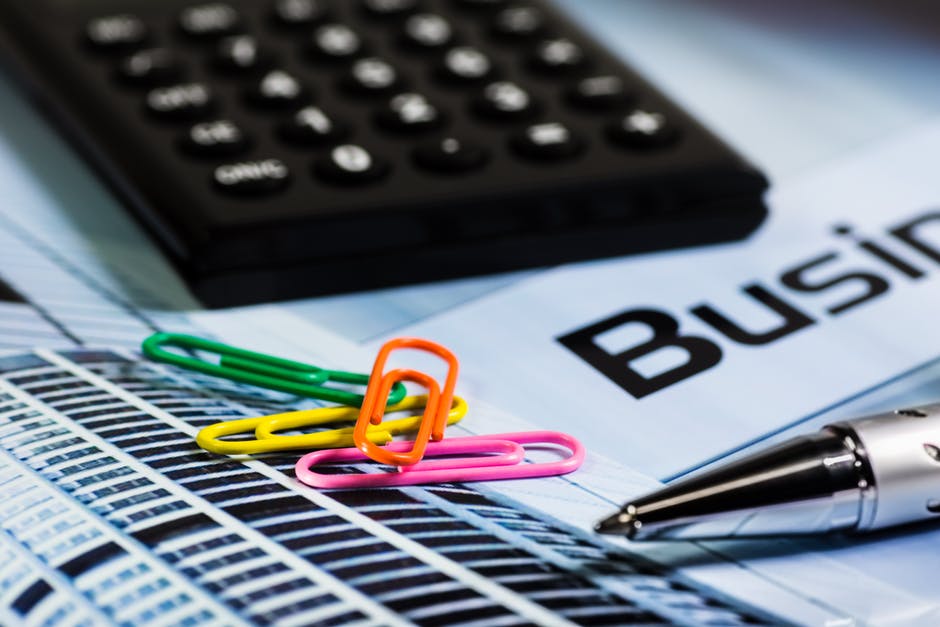Investing (...Continuation)

Investing (...Continuation)
Should I Invest or Pay Down Debt?
It should go without saying that if you can't make the minimum payments on your debts, you should not be investing at all. But if you have extra money left over from each paycheck, you have a few choices that can each have a positive impact on your finances:
- Use all of your extra money to pay down debts (mortgage, credit card, student loans).
If you have interest payments that are higher than 10%, you are almost certainly better off paying down debt than investing. The stock market has returned about 11% per year in the long-term ( far less if you consider taxes and fees), but there are no guarantees in stock investing. Your debt, however, is guaranteed sometimes, even after bankruptcy.
- Use all of your extra money to buy investments (stocks, bonds, funds).
This only makes sense if your debts aren't costing you much, in other words, if the interest rate that you're paying is low. If your debts are costing less than 5% interest, you may be better served (in the long-term) by investing your extra money in carefully chosen stocks or stock funds. If your mortgage is costing you 5%, it makes no sense to buy a bond or bond fund that yields 2%. A bond that pays you less in interest than the interest payments on your personal debt is not worth buying. And even if a bond pays you higher interest than what you owe, that doesn't mean it's always a good investment.
- Use some of your extra money to buy investments and some to pay down debts.
Investors should hold no more than 75% of their investment money in a single asset class (that is stocks vs. bonds).
If you treat your low-interest debt like a bond, then, at minimum, you'd use 25% of your extra income to pay this debt off -- the remainder could be invested in stocks. If stocks or stock funds became too expensive (remember, the higher the stock market climbs, the more expensive it becomes), then you could use as much as 75% of your extra income to retire debt and the remaining 25% to buy stocks, despite their high prices.
Know the Difference Between Saving and Investing
There are a few steps before you can become a successful investor: you being employed, having essential insurance coverage, having your personal debts under control and having an emergency savings account in case you lose your job.
Your investments and your savings are very different things. What if the stock market crashes and you lose your job? If you do not have a cash savings account -- and your unemployment benefits do not cover your living expenses -- you'll probably have to sell your investments at the worst possible time. Don't fall into this trap.
How to Buy Stocks Without Losing Your Shirt
First, you'll need to learn how to value a company. When you're buying a stock, you're buying part-ownership of a company. Therefore, if it makes financial sense to buy the entire company, it would make sense to buy a fractional part of the company.
In the next article, I’ll give you more buying stocks and further on bonds investment.
Read more articles on marketing and customer relations here. Contact us for web design and mobile app development services.
Want to work with us?
Have this interesting project and you would like to partner with us? Give us a call today.
Contact us today!